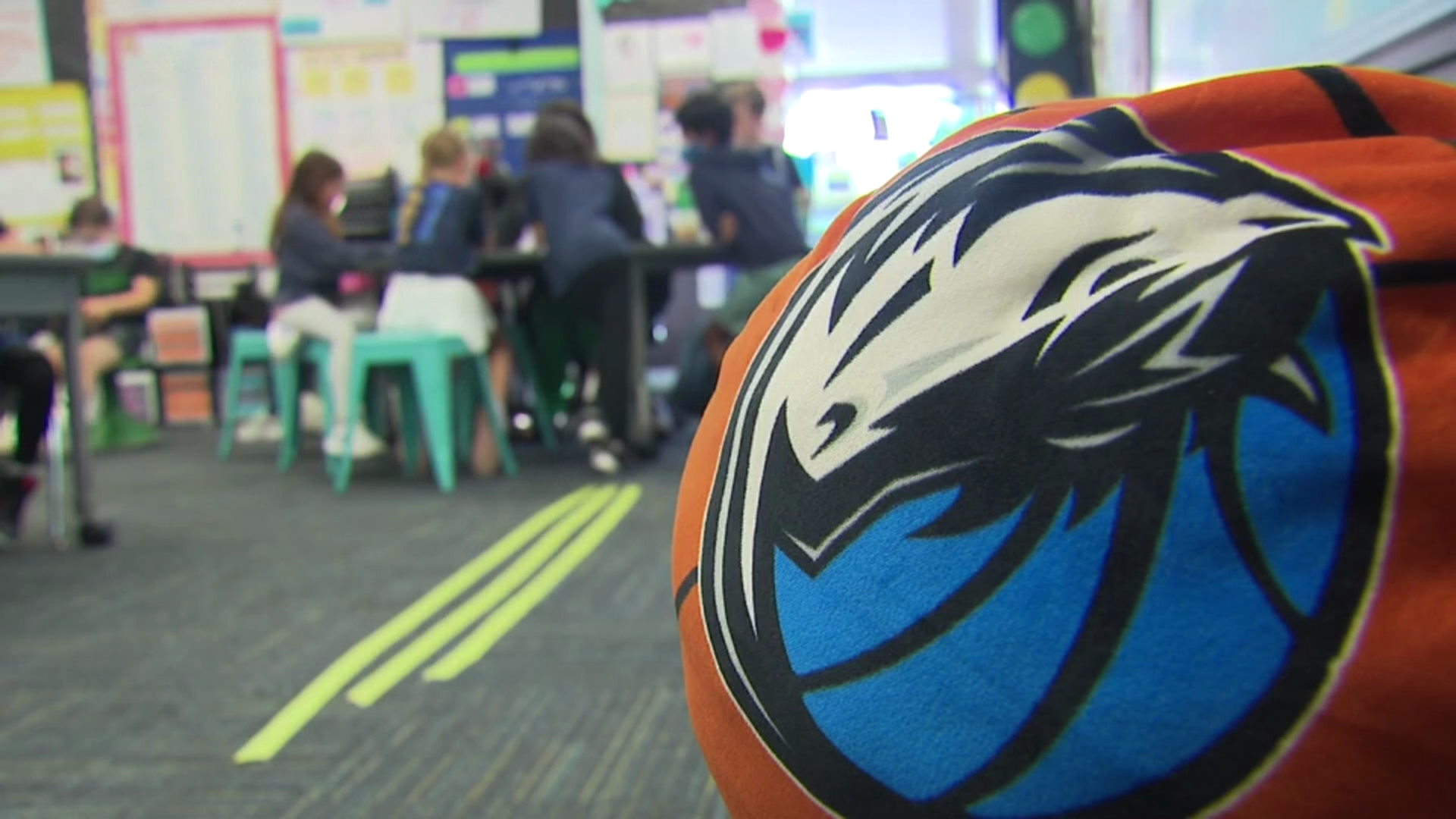Who wants dishes coming out of the dishwasher with caked-on food or a cloudy film on what used to be clear glass? Consumer Reports just finished testing dozens of detergents to find the ones that deliver dazzling results.
Testers challenged the detergents to some very tough tests! First, testers make a sticky batter of 17 ingredients, including egg yolks, cheese whiz, peanut butter, and rice. It's all blended together and then spread onto glass plates in measured amounts. The plates are baked in the microwave and left to sit for an hour before going into the dishwasher.
Pots are brushed with macaroni and cheese. Once it's cooked on, those go into the dishwasher next to the dirty plates. Not all of the detergents could get the dishware sparkling clean.
And some detergents can coat clear dishware with a white film. When companies switched to phosphate-free detergents that are better for the environment, that filmy white buildup was a real problem. Consumer Reports' latest tests show detergents have gotten much better at preventing that. But the problem hasn't totally evaporated. A clear plate turned white after 20 cycles when washed with BabyGanics Dishwasher Detergent.
NBC 5 contacted BabyGanics about the tests and this was the company's response:
At BabyGanics, our approach to formulation remains true to our brand promise of safety, efficacy, sustainability and innovation. Therefore, our philosophy is to avoid the use of unnecessary, harsh chemicals.
Consumer Reports has released results of testing of Dishwasher Detergents and ours was among the various products tested. Unfortunately we were not contacted prior to the release of the story and therefore were unable to provide clarity and transparency to consumers and media ahead of time. We’d like to take this opportunity to do so and as always, we remain open and available for additional information and comment.
Consumer Reports performed testing of auto dish detergents under Very Hard Water conditions, simulating several tough stains, dirt and grime, and ran dishes and pots through twenty consecutive cycles. The mineral deposits from the high content of hard water combined with twenty consecutive cycles provided conditions that our product, as indicated on label, would require the addition of a rinse aid to perform properly. More so, our dishwashing detergent is marketed and sold in baby specialty stores for use within the home; it was not designed to be used in an industrial setting under the conditions Consumer Reports tested. The film left behind is not chemical from the detergent but rather the natural minerals found in Hard Water.
Hard Water is water that contains mineral salts such as Calcium and Magnesium ions and while not generallyharmful to one’s health, can be nuisance when trying to clean. The mineral salts (calcium and magnesium) will bind to certain ingredients in a cleaning compound, inhibiting them from carrying out their cleaning capabilities to their fullest potential. A large portion of the country has less than 10.5 grains per gallon (gpg), the terminology used for measuring the amount of mineral salts in the water, and in many cases town water is already treated when it arrives to your home. But in some rural areas, especially in the mid-west, south-west, and where people have wells, the water can be in excess 10.5 gpgand mineral deposits can start to be seen on dishes and surfaces if an adequate cleaner is not used.
Most conventional dishwasher detergents historicallycontained phosphates which strip food and grease from dishes and prevent them from reattaching during the wash. They also kept the minerals naturally found inwater in suspension so they did not deposit onto the dishes. While using a detergent containing phosphates will combat this issue, those chemical compounds have also been found to pollute lakes, bays and streams. This is why several states have banned the use of phosphates in dish detergents and thus companies have searched for alternatives. In keeping with our brand promise, Babyganics Dishwasher Detergent has never contained phosphates.We have recently reformulated to include a natural water softener. This improved formula is safe for the environment and effectively removes food and grease while avoiding mineral film deposits in a majority of areas.
For those consumers who live in areas with Very Hard Water, we suggest, as stated on our packaging, the use of a rinse aid to address the issue that they will experience with most detergents, not just BabyGanics, which are free of phosphates or other harsh chemical alternatives. We also recommend, especially in places with Very Hard Water, that consumers hand wash their baby’s bottles, dishes and sippy cups with a plant-based dish soap like our Foaming Dish & Bottle Soap.
Elyse Bender- Segall
CEO
PR Revolution
In the end, only one detergent rated excellent for cleaning pots, the Cascade Complete ActionPacs. But if cleaning pots isn’t a priority, you can save money with Finish Gelpacs, a Consumer Reports Best Buy at 21 cents a load. It did a terrific job on dishes.
Local
The latest news from around North Texas.
Consumer Reports also tested several green cleaners. None scored high enough in all the tests to be recommended. But Seventh Generation powder detergent did do an excellent job cleaning dishes.
Complete Ratings and recommendations on all kinds of products, including appliances, cars & trucks, and electronic gear, are available on Consumer Reports' website.



